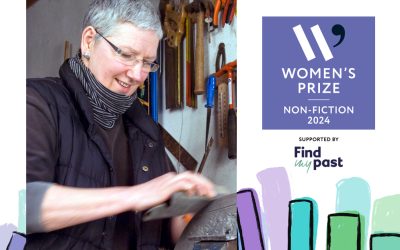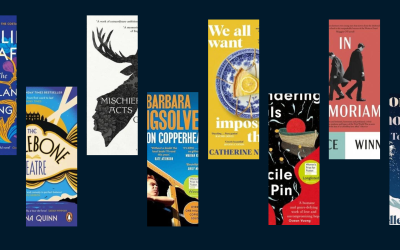
How to pitch your novel
Preparing to Pitch: The novelist salesperson “Can you summarise your novel in a sentence or two,” my marketer, Eloise asks,…



Next time you’re out in a busy area, take a look at the people around you. Old, young, tall, short, black, white, large and thin… people watching is a brilliant way to gain ideas for characters and storylines. Who are they? Where are they going/ What are they thinking about?
Now imagine if on those streets everyone was pretty similar. All white and middle-aged, or rich-looking and beautiful. Not very realistic, is it? Plus think of all the potential hopes, experiences and dreams you’d miss out on for your imaginary characters, never mind their stories your reader would never hear.
Showing the reality of the world we live in, in all its complicated glory, matters in fiction and that includes representing the diversity of people in our modern-day world. I was born with a rare physical disability and, as a lifelong bookworm, have always been astounded at the lack of disabled characters in fiction. In the rare cases that we do appear, the novel usually paints a miserable portrait of a life not worth living or regurgitates stale old tropes about magic cures, triumph over tragedy, or disfigurement representing a person’s personality. Evil criminal with a scarred face and a limp anyone?

The DWP says that around 24% of the UK population has a disability, not that you’d know it by reading novels. There, we barely exist, shunted from those imaginary streets. Now envisage if the same were true for people who weren’t white, straight adults: no children, elderly, black and brown or LGBTQ+ people nestling amongst your book’s pages. It’d be very odd wouldn’t it.
Excluding disability is no different. That’s why in my psychological thrillers I make a point of writing characters with a disability or illness, whether visible or unseen, although my books aren’t about disability. They reflect the world we live in, with disabled people as colleagues, friends, neighbours or lovers. Imperfect human beings like the rest of us trying to make their way in the world, with a wealth of dramatic possibilities.
I encourage other writers to do so as well. Along with publisher Clare Christian, I co-founded the ADCI Literary Prize for fiction with that aim.
You don’t have to be disabled yourself to include disabled characters – you’re a fiction writer after all! I’ve never been able to run for a bus but use my imagination to write a character doing so. Talk to people with the illness or disability you’re depicting. Research. Avoid stereotypes like the plague. As with all your characters, make disabled ones fully rounded with human flaws. Represent your readers. Above all, be part of the change so everyone has the validation of seeing themselves in fiction.
Penny Batchelor is a novelist and freelance journalist. Her psychological thrillers My Perfect Sister and Her New Best Friend are published by Embla Books, with a third due to hit the shelves in June 2024. She is a regular columnist for The Bookseller and co-founder of the ADCI Literary Prize and #KeepFestivalsHybrid campaign. Find out more about her books and sign up for her author newsletter at www.pennybatchelor.co.uk

Preparing to Pitch: The novelist salesperson “Can you summarise your novel in a sentence or two,” my marketer, Eloise asks,…

Thrilled to annouce today the winning artist nominated to create ‘The Charlotte’, the figurine to be cast in bronze which…

The best recommendations come from readers, so we asked YOU to tell us the stand-out books by women you read…

There is nothing better than settling down with a good book and escaping the mundane, everyday life. Books are where…
Tune into host Vick Hope and a line-up of incredible guests on our weekly podcast full of unmissable book recommendations.
